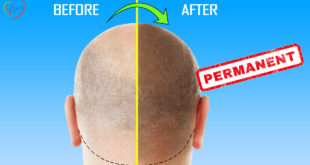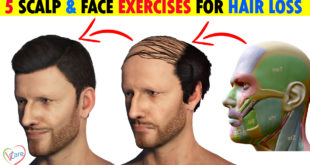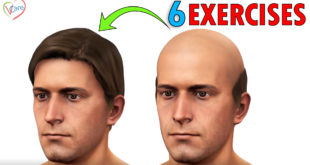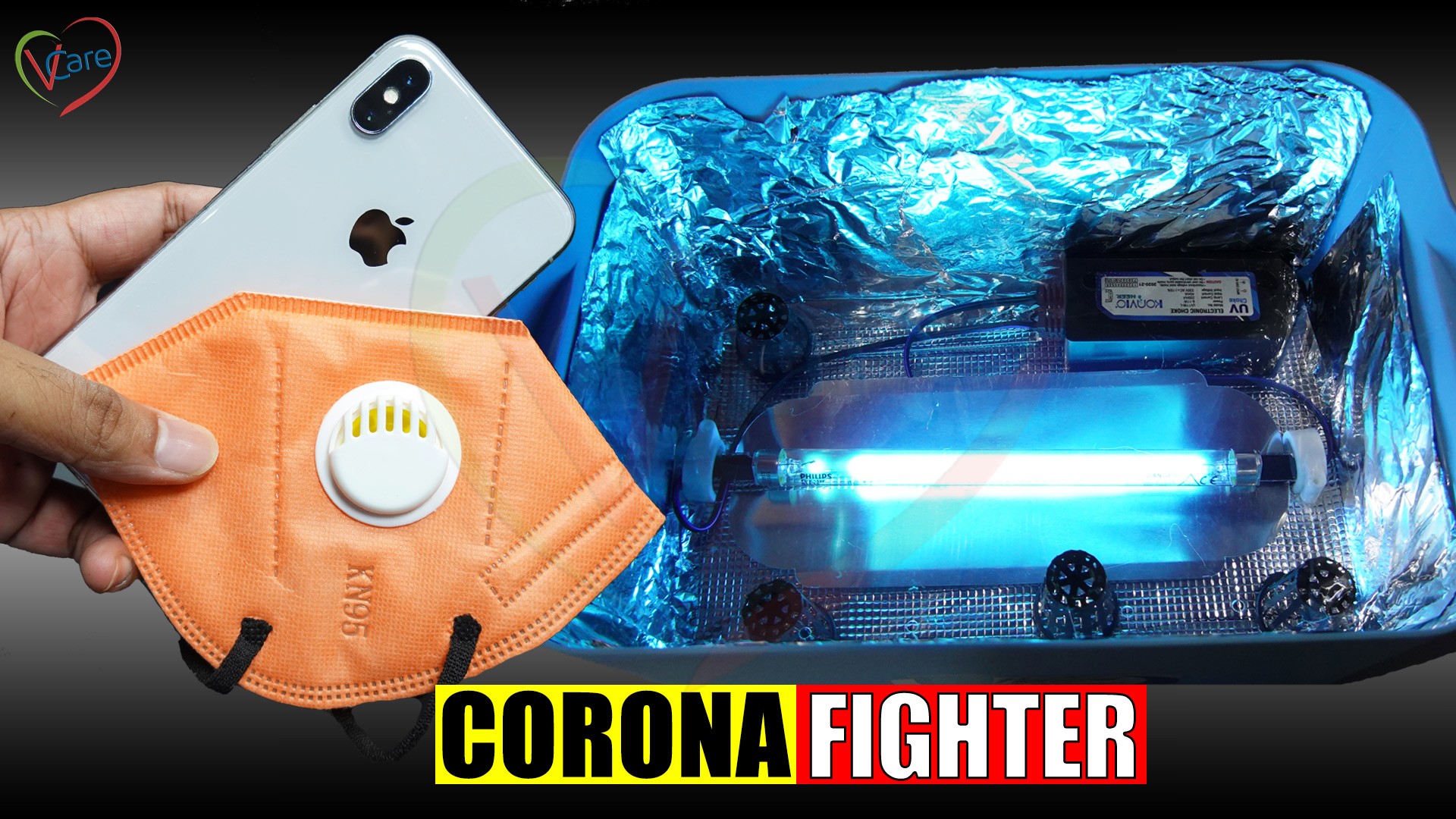In today’s post we will answer two frequently asked questions on hair loss in men – Does body building cause hair loss and do creatine supplements for body building lead to baldness.
Having done so many episodes on DHT and hair loss, most of you may develop misconceptions that DHT – Dihydrotestosterone is some evil androgen hormone that serves no purpose in the body but to make our prostates bigger and cause baldness. But infact the actual situation is much more complex. For some people, reducing or eliminating DHT may be the only concern but for some other people keeping DHT levels under control may be the best option.
To understand whether body building causes premature baldness, You need to know the differences in the functions of DHT – dihydrotestosterone and its precursor Testosterone.
To quickly sum up DHT is biologically important for:
- Sexual differentiation into a male foetus during embryogenesis,
- Maturation of the penis and scrotum at puberty,
- Growth of facial and body hair after puberty.
- Development and maintenance of the prostate gland and seminal vesicles.
- Lastly the negative one: That’s Receding Hairline and Male Pattern Baldness by gradually miniaturizing the hair follicles.
DHT – Dihydrotestosterone is produced from the prohormone testosterone by the action of enzyme 5α-reductase in selected tissues, like in the genitals, prostate gland, seminal vesicles, skin, and hair follicles.
Now, Let’s quickly sum up the Functions of the hormone Testosterone. It’s important for:
- Sperm production and Male Fertility
- Muscle and Bone development – Remember this.
- Voice Deepening from puberty onwards
- Acne and sebum production
- Libido and Erections.
You can clearly see Testosterone is important for Muscle and bone development function. It is also important to understand that even though testosterone is the active androgen in muscle, and DHT exhibits relatively little direct anabolic effects on muscle in men, DHT is still very important for the full performance enhancement effects from testosterone. What I specifically mean here are the effects of DHT on the central nervous system that lead to increased neurological efficiency (strength or power of muscles), and it’s also important for increased resistance to psychological and physical stress and finally for optimal sexual function and libido. Hence you notice adverse effects of DHT blockers like finasteride on long term use in a small percentage of hairloss patients.
Now let’s Answer the question – Why do most body builders get bald early?
There are bodybuilders who do not use steroids or exogenous testosterone and build muscle naturally, And then there are professional bodybuilders who use a muscle building drugs that are high in testosterone.
Natural ways of body building like lifting heavy weights and weight training programs increase the circulating testosterone levels and help in muscle development. But anything in excess is converted to DHT and may cause some hair loss. But according to studies High levels of testosterone specially the exogenous formulations or steriods can cause increase in levels of DHT (Dihydrotestosterone) which can induce premature male pattern baldness in body builders. But remember, baldness is multifactorial, the most important factor being your genes. Remember those with DHT sensitive hair follicles and not everyone will go bald and this is genetically programmed.
Now, the next question: Do Creatine supplements for muscle building cause hair loss?
Creatine is one of the most widely used bodybuilding supplements. It’s naturally found in animal products like red meat, but can be easily purchased as a supplement from any drug store. Many studies have shown creatine to increase muscle strength and athletic performance.
A 2009 study published in the Clinical Journal of Sports Medicine says that creatine may increase the conversion of testosterone to dihydrotestosterone (DHT) and may accelerate male pattern baldness in genetically predisposed individuals. Remember, Creatine in addition to hair loss can cause kidney failure in many body builders.
References:
https://www.ncbi.nlm.nih.gov/pubmed/19741313
https://academic.oup.com/edrv/article/38/3/170/3861397s
 AlopeciaRx – Treatments for Alopecia (Hair Loss & Baldness) The Virtual Care Hospital
AlopeciaRx – Treatments for Alopecia (Hair Loss & Baldness) The Virtual Care Hospital




